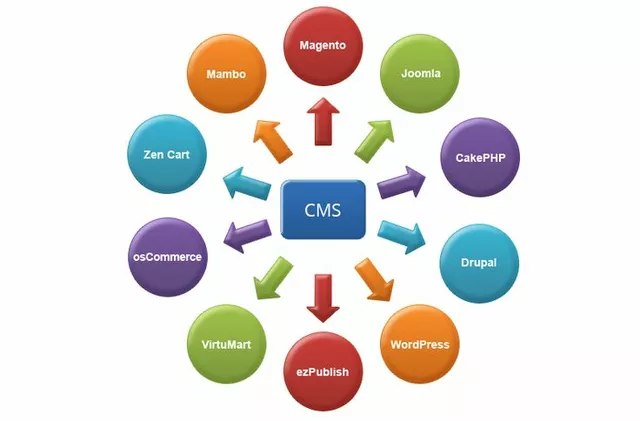Immigration Advice: Should You Stay in India or Move to the USA?
Thinking about moving to the USA? You’re not alone. Higher pay and new opportunities pull many people, but money isn’t the whole story. Before you decide, ask yourself what you actually want from life in five years—career growth, kids’ education, safety, or owning a home. Answering that makes the rest easier.
Key factors to compare
Start with concrete comparisons you can measure, not feelings.
- Jobs and career growth: A US job can pay more, but check if the role matches long-term goals. Some skills are valued more abroad; others are equally in demand back home. Look at promotion pace, not just starting salary.
- Visa and legal hurdles: Different visas mean different timelines and risks. H-1B, employment-based green cards, family sponsorship—each has wait times and costs. Factor in visa security and how tied you’ll be to a single employer.
- Cost of living vs take-home pay: Compare real costs—rent, transport, groceries, childcare, taxes, and health insurance. A higher paycheck can vanish quickly when healthcare and rent are high.
- Healthcare and education: The US has world-class healthcare but it’s expensive without good insurance. For kids, check local public school quality; private schools add big costs.
- Family and social life: If you have aging parents or a close family network in India, think about distance, travel costs, and emotional impact. Community ties matter a lot for happiness.
- Property and investments: Owning property in India can be a safety net. Decide whether you’ll sell, rent out, or manage assets remotely if you move.
Steps to make the decision
Turn the big question into small, testable steps.
- Do a trial run: Visit for a few months on a working visa or extended stay. Living day-to-day shows more than online research.
- Build a simple spreadsheet: Put projected income, rent, taxes, insurance, travel, and savings side by side for both countries. Numbers cut through emotions.
- Talk to people who’ve done it: Ask about surprises—housing hunts, childcare, taxes, loneliness, and how long it took to feel settled. Expat groups and colleagues give real answers.
- Plan finances and timeline: Save an emergency fund, sort taxes for dual residency, and list paperwork you’ll need. If a job offer is needed, set a deadline to accept or decline.
- Consider a hybrid path: Can you work remotely for a while or take a short-term contract in the US? That can reduce risk and give clarity.
Pick a clear decision point—six months, one year—and set criteria for success. If you reach them, move forward; if not, re-evaluate. No choice is permanent. Make a plan you can revise and keep options open.

Should I stay in India or migrate to the USA?
Struggling to decide whether to stay in India or migrate to the USA? Weighing up the pros and cons of each nation can help you make the decision. India is home to a rich culture and history, with a diverse population, vibrant cities, and beautiful landscapes. Meanwhile, the USA offers world-class education, a variety of career opportunities, and a high quality of life. Ultimately, it is up to you to decide which country best suits your needs and lifestyle. Consider the advantages and disadvantages of each and make an informed decision. With a bit of research, you can make the right choice for you and your future.
Immigration Advice



